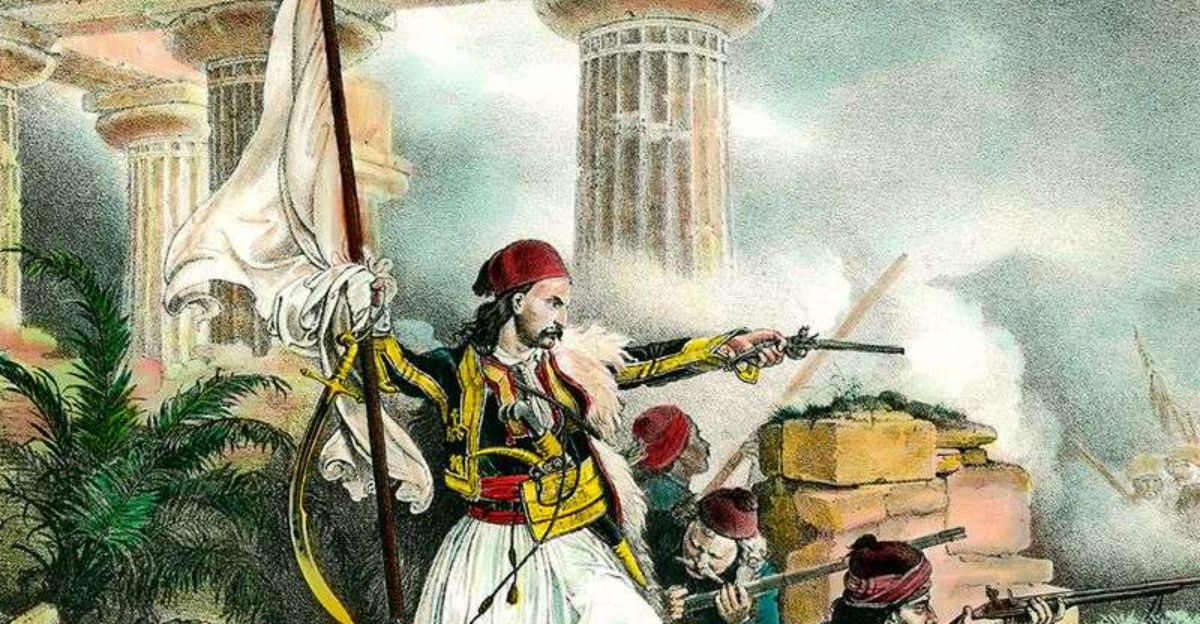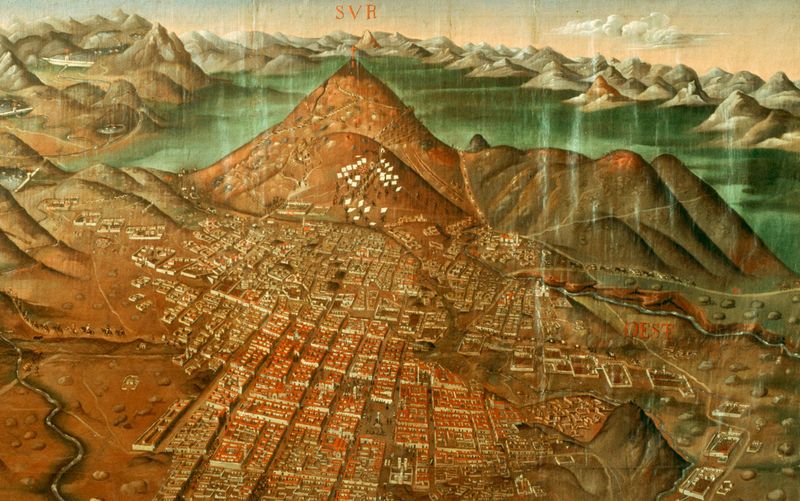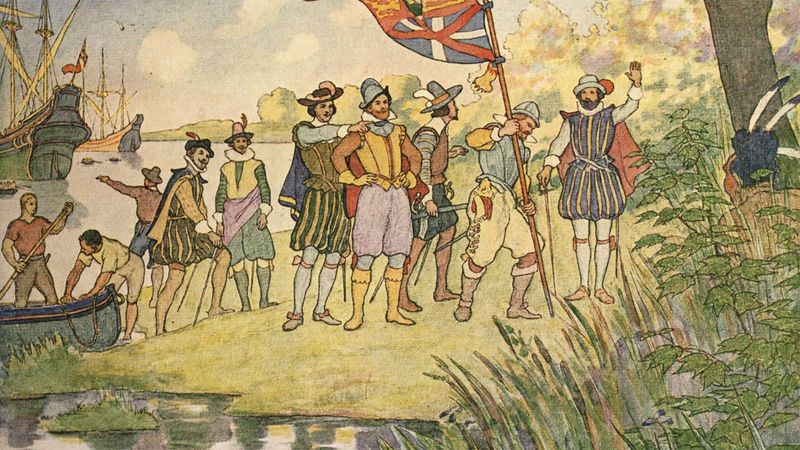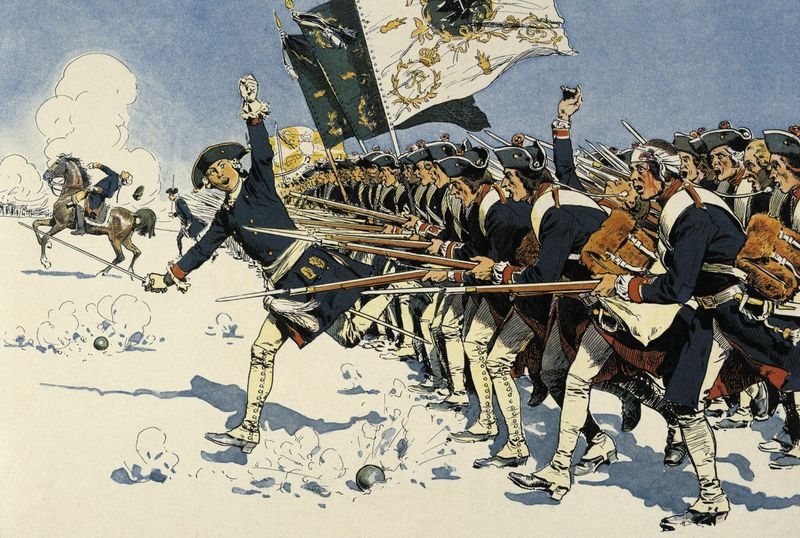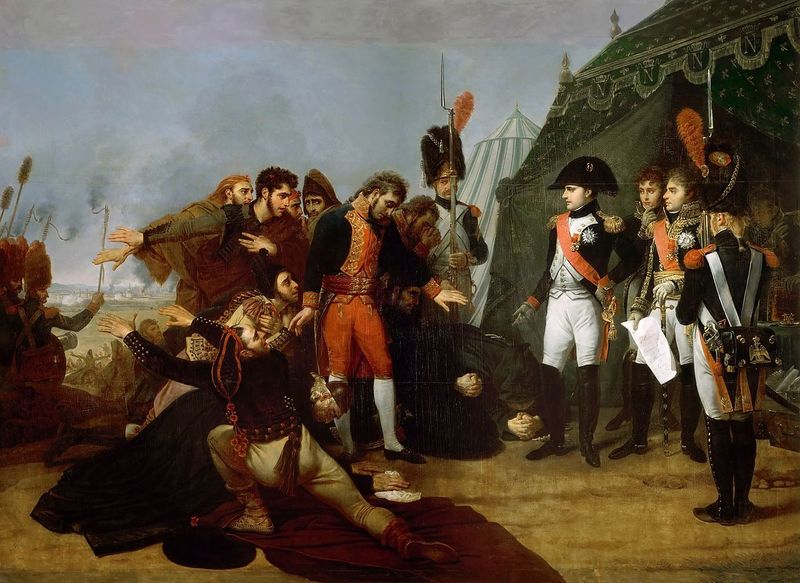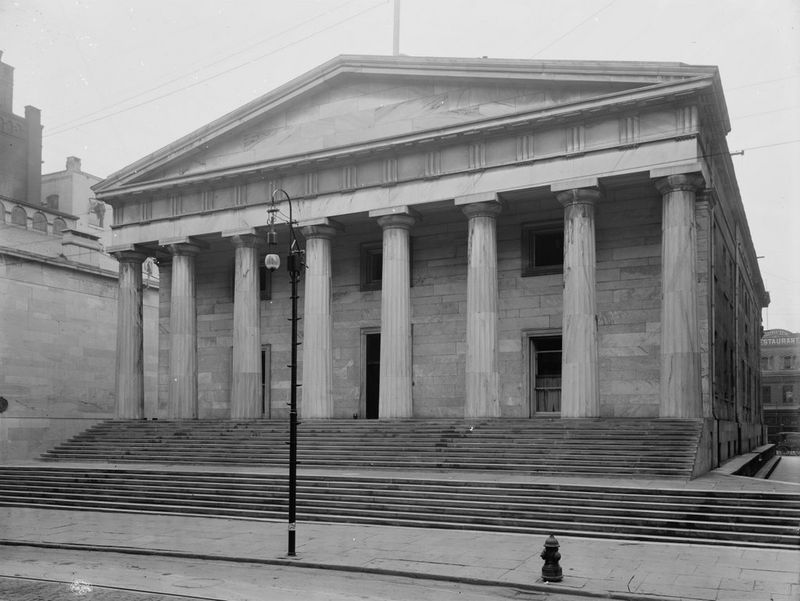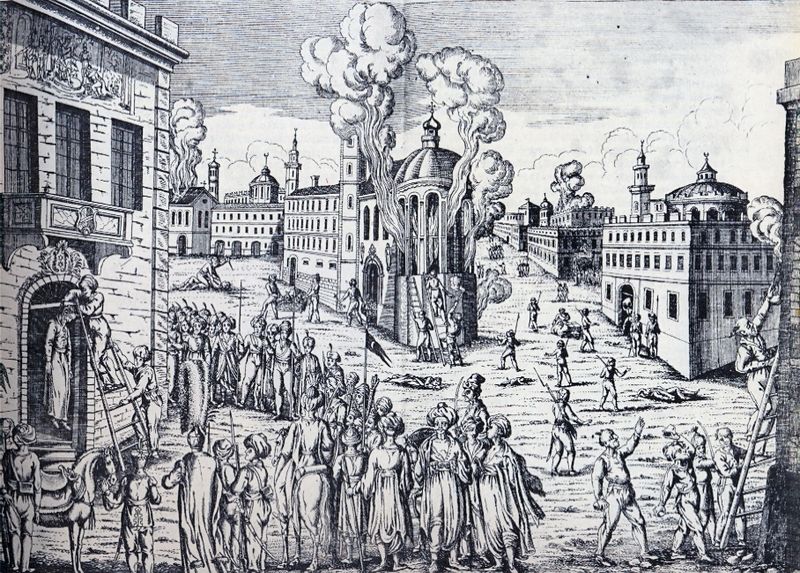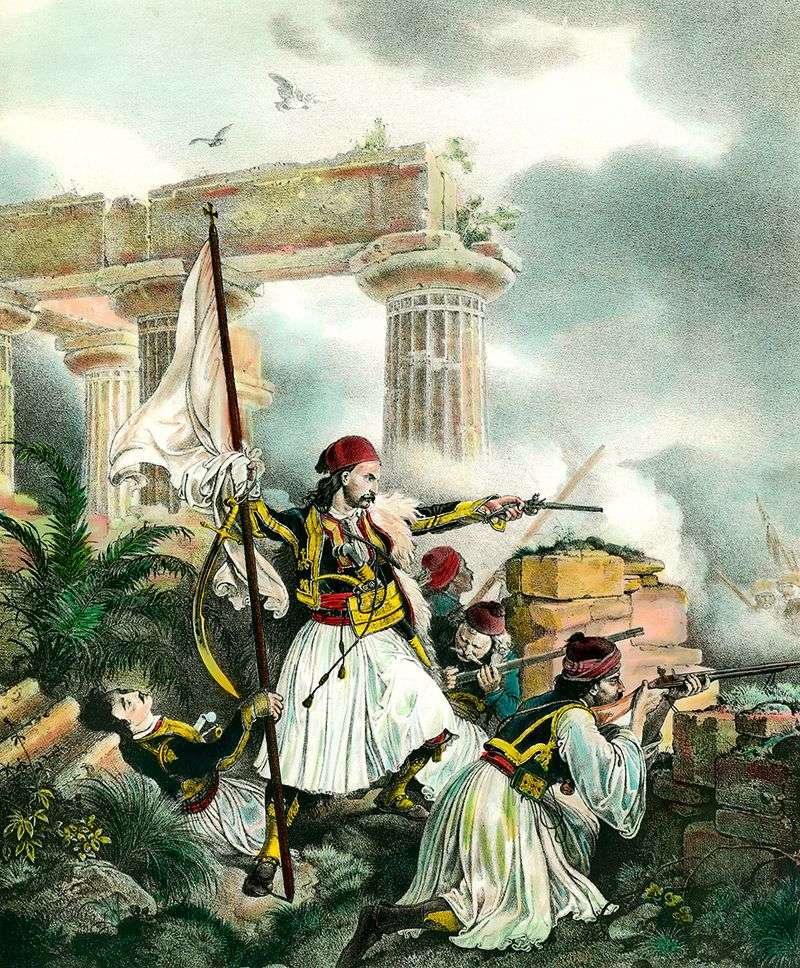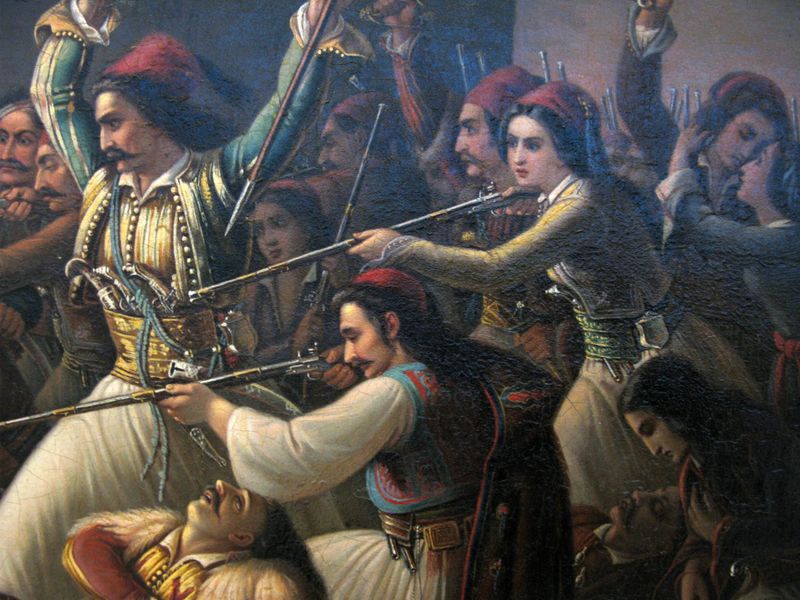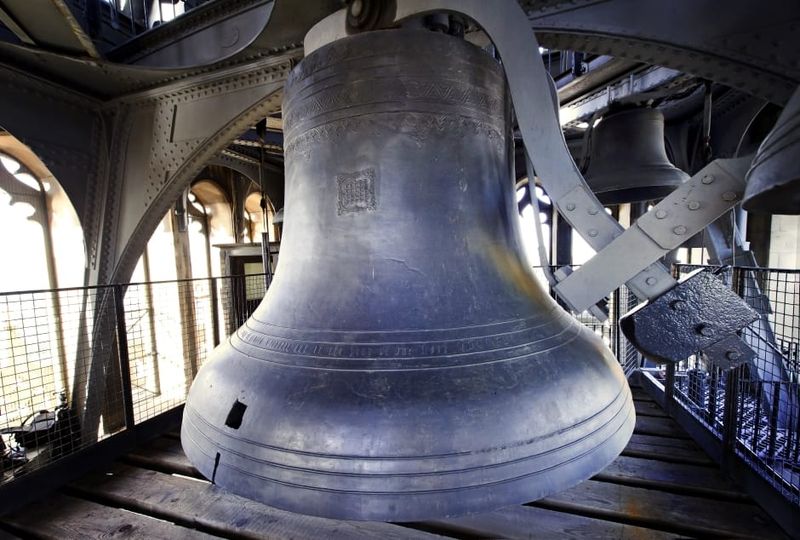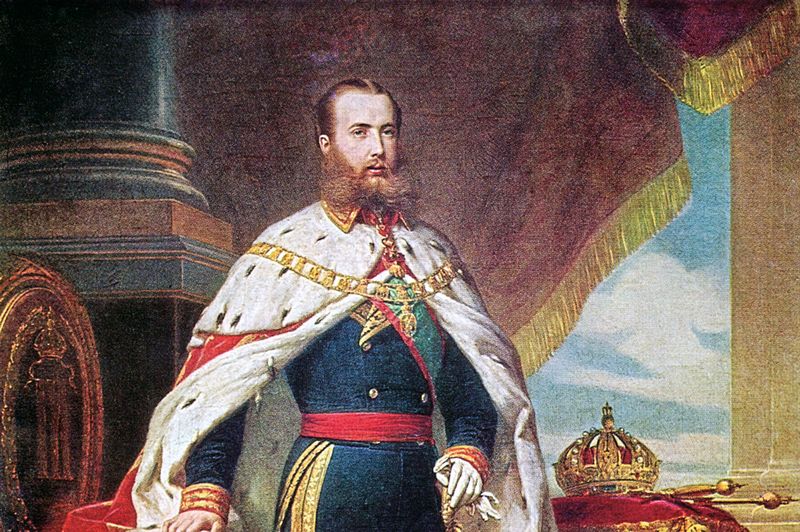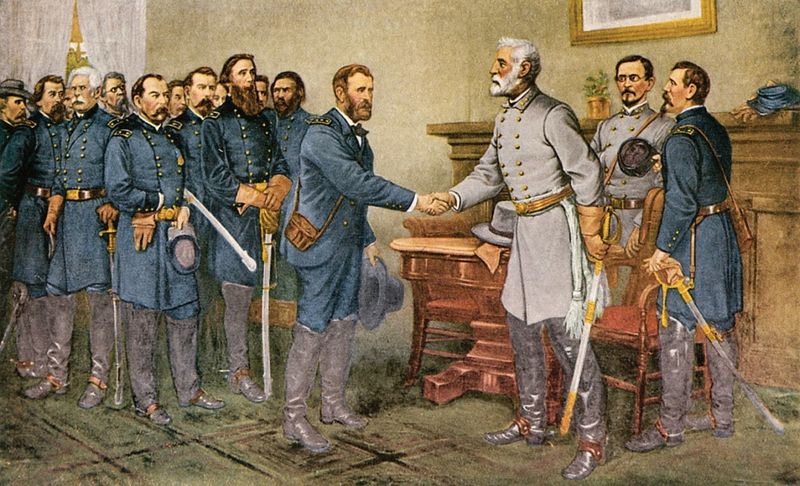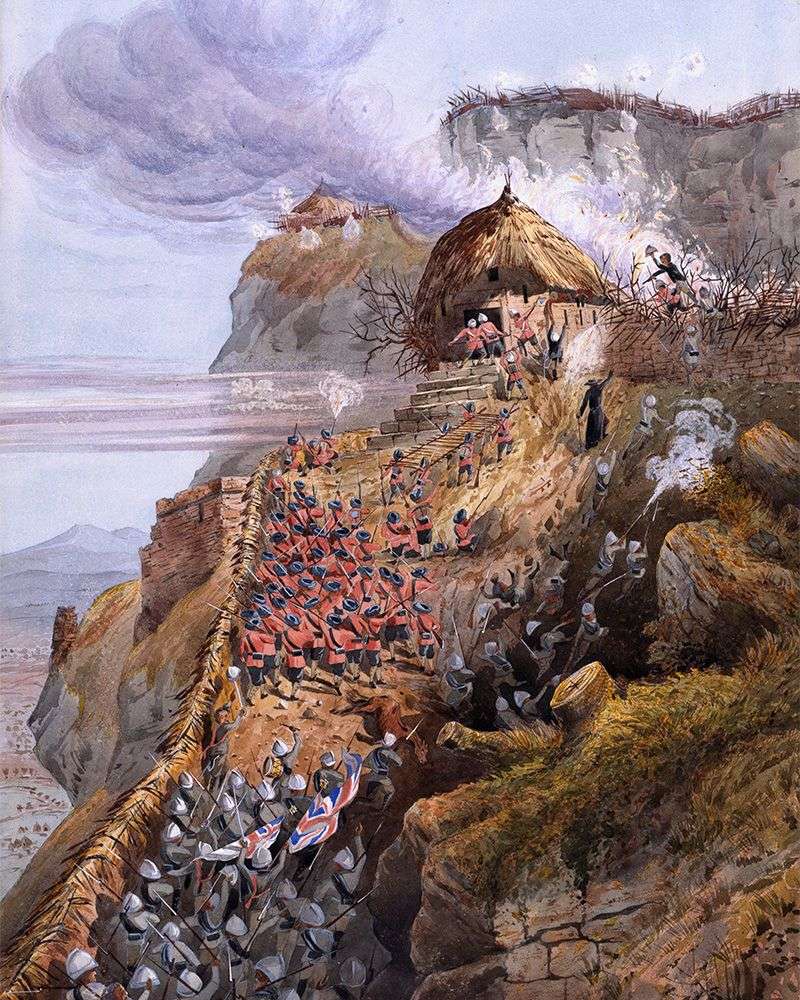April 10th is a date that has witnessed numerous pivotal events that have shaped history.
From astronomical phenomena to significant political and social milestones, this day is marked by moments that have left an indelible mark across different eras.
Join us as we explore 20 remarkable events that took place on April 10th, each contributing to our understanding of history in unique ways.
1. 428 – Nestorius Becomes Patriarch of Constantinople
Nestorius, a dynamic and influential figure, was elevated to the prestigious position of Patriarch of Constantinople on April 10, 428. His rise marked a pivotal moment in early Church history, as he became known for his strong advocacy of the doctrine of two distinct natures of Christ.
Though his teachings sparked significant controversy, Nestorius’s appointment ignited discussions that would challenge theological norms of the time. His tenure led to the Nestorian schism, influencing the path of Christianity across the globe.
Ultimately, Nestorius’s legacy endures as a reminder of the complexities and divisions within early Christian theological thought.
2. 837 – Halley’s Comet Makes Its Closest Approach
In 837, the night skies were illuminated by the close approach of Halley’s Comet, passing within 0.0342 astronomical units of Earth. This breathtaking celestial event captivated observers, leaving a lasting impression on medieval society.
The comet, with its brilliant tail, was perceived as an omen, often linked to significant events or changes. Its passage on April 10 sparked awe and speculation among astronomers and common folk alike.
Halley’s Comet remains one of the most famous comets, its regular return every 76 years continuing to fascinate stargazers and historians across the world.
3. 1407 – Deshin Shekpa, 5th Karmapa Lama, Visits Nanjing
April 10, 1407, marked a momentous occasion as Deshin Shekpa, the revered 5th Karmapa Lama, visited Nanjing. Welcomed by the Ming dynasty, he was awarded the illustrious title ‘Great Treasure Prince of Dharma.’
His presence in the imperial city symbolized the spiritual and cultural exchanges between Tibet and China during this era. Deshin Shekpa’s visit strengthened diplomatic ties, highlighting the influence of Tibetan Buddhism across Asia.
This historic journey contributed to a legacy of peace and cooperation, inspiring generations to embrace understanding and harmony between different cultures and religions.
4. 1500 – Ludovico Sforza Is Captured at Novara
On April 10, 1500, the fate of Ludovico Sforza, a once-powerful duke, was sealed as Swiss troops captured him at Novara. Sforza, known for his patronage of the arts and cunning political maneuvers, found his ambitions thwarted in this decisive moment.
The capture marked a turning point in the Italian Wars, as Sforza was handed over to French forces, symbolizing the shifting power dynamics in Renaissance Italy. His downfall signaled the end of Sforza’s influence over Milan.
Ludovico’s legacy continues through the cultural landmarks he supported, including the works of Leonardo da Vinci.
5. 1545 – Villa Imperial de Carlos V (Potosí) Is Founded
The discovery of vast silver deposits led to the founding of Villa Imperial de Carlos V, now known as Potosí, on April 10, 1545. This Bolivian city quickly became one of the richest and most populous in the world during the Spanish colonial era.
The silver extracted from Potosí fueled the Spanish Empire’s wealth, leaving a lasting impact on global trade and economy. Its legendary Cerro Rico, or ‘rich mountain,’ became synonymous with immense wealth and exploitation.
Today, Potosí stands as a UNESCO World Heritage site, a testament to its historical significance and the enduring legacy of colonialism.
6. 1606 – The Virginia Company of London Is Established
On April 10, 1606, King James I granted a royal charter establishing the Virginia Company of London, paving the way for English colonial expansion in North America. This landmark decision aimed to create settlements and exploit the resources of the New World.
The company’s endeavors led to the founding of Jamestown, the first permanent English settlement, which laid the groundwork for future American growth. The venture symbolized the ambitions and challenges of early colonial enterprises.
Despite numerous hardships, the Virginia Company’s legacy endures as a foundational moment in the history of the United States.
7. 1710 – The Statute of Anne Comes Into Force
April 10, 1710, saw the introduction of the Statute of Anne, the first law regulating copyright, marking a significant step in the protection of intellectual property. This groundbreaking legislation granted authors exclusive rights to their works for a limited time.
The statute’s implementation transformed the publishing industry, balancing creators’ rights with public access to knowledge. It set a precedent for modern copyright laws worldwide, fostering creativity and innovation.
As a milestone in legal history, the Statute of Anne underscores the importance of protecting artistic and literary works, encouraging a flourishing cultural landscape.
8. 1724 – Bach Leads the First Performance of BWV 66
Johann Sebastian Bach, a maestro of musical genius, conducted the first performance of his Easter cantata, “Erfreut euch, ihr Herzen” (BWV 66), on April 10, 1724. This event marked a milestone in the Baroque musical landscape.
The cantata’s rich melodies and intricate harmonies were celebrated for their emotional depth and complexity. Bach’s leadership in this performance showcased his unparalleled ability to weave spiritual and musical elements seamlessly.
Today, Bach’s contributions continue to resonate, inspiring musicians and listeners with their timeless beauty and profound impact on the world of classical music.
9. 1741 – Prussia Gains Silesia at the Battle of Mollwitz
On April 10, 1741, the Battle of Mollwitz marked a turning point in the War of the Austrian Succession as Prussian forces, led by Frederick the Great, secured a decisive victory over Austria. This triumph solidified Prussia’s control over the valuable region of Silesia.
The engagement, fought on a snow-covered field, showcased Frederick’s military prowess and strategic innovation. It significantly altered the balance of power in Central Europe, setting the stage for Prussia’s rise as a major European power.
The legacy of Mollwitz endures, highlighting the enduring impact of military strategy and ambition.
10. 1809 – The War of the Fifth Coalition Begins
April 10, 1809, marked the onset of the War of the Fifth Coalition as Austrian forces invaded Bavaria, challenging Napoleonic dominance. This conflict represented a critical phase in the Napoleonic Wars, as European powers united against French expansion.
The war witnessed intense battles, including the notable Battle of Aspern-Essling, ultimately leading to the Treaty of Schönbrunn. While the coalition struggled against Napoleon’s military genius, the war’s outcome shifted the dynamics of European alliances.
This chapter in history remains a testament to the complexities of power, ambition, and resistance during the Napoleonic era.
11. 1815 – Mount Tambora Eruption Begins
On April 10, 1815, Mount Tambora in Indonesia began a cataclysmic eruption, one of the most powerful in recorded history. Over three months, it spewed massive amounts of volcanic ash into the atmosphere.
This eruption led to the “Year Without a Summer” as global temperatures dropped, causing widespread crop failures and famine. An estimated 71,000 people perished, highlighting the devastating impact of natural disasters.
The Tambora eruption serves as a stark reminder of the power of nature and its ability to influence global climate patterns, affecting human life profoundly.
12. 1816 – Creation of the Second Bank of the United States Approved
April 10, 1816, marked the approval of the Second Bank of the United States, a pivotal institution in American financial history. Established to stabilize and improve the nation’s credit system, it played a crucial role in economic development.
The bank’s operations influenced monetary policy, helping to mitigate the financial turmoil following the War of 1812. It became a focal point of political debate, with figures like Andrew Jackson opposing its influence.
Despite its eventual demise, the Second Bank’s legacy remains significant, shaping the evolution of American banking and economic policy.
13. 1821 – Patriarch Gregory V of Constantinople Is Hanged
April 10, 1821, witnessed the tragic execution of Patriarch Gregory V of Constantinople by the Ottoman Empire. A revered leader in the Greek Orthodox Church, his death became a rallying point for Greek independence.
Gregory’s public hanging shocked the Christian world, symbolizing the oppressive nature of Ottoman rule over Greece. His martyrdom inspired fervor and unity among Greek revolutionaries, fueling the fight for freedom.
The legacy of Gregory V endures as a symbol of sacrifice and resistance, embodying the spirit of a nation’s struggle against tyranny.
14. 1821 – The Island of Psara Joins the Greek War of Independence
April 10, 1821, marked a significant step in the Greek War of Independence as the island of Psara pledged its support to the revolution. This small island, with its strategic location, became a symbol of defiance against Ottoman oppression.
The Psarians, known for their seafaring skills, contributed immensely to the naval efforts of the revolution, enhancing Greece’s ability to challenge Ottoman dominance at sea.
The decision of Psara to join the uprising exemplifies the collective spirit and determination of Greeks striving for autonomy and national identity, leaving a lasting legacy of courage.
15. 1826 – Missolonghi Inhabitants Begin Leaving After a Year-Long Siege
April 10, 1826, saw the heartbreaking exodus of Missolonghi’s inhabitants after enduring a year-long siege by Ottoman forces. Starvation and desperation drove the population to attempt a daring escape.
The “Exodus of Missolonghi” became a powerful symbol of sacrifice and resistance in the Greek War of Independence, representing the struggle for liberty against overwhelming odds.
This poignant chapter in history underscores the resilience and bravery of those who fought for freedom, inspiring future generations to cherish and defend their autonomy and rights.
16. 1858 – Big Ben’s Bell Is Recast
On April 10, 1858, Big Ben’s iconic bell was recast after the original had cracked during testing. This moment marked a crucial step in the completion of the clock tower that would become a symbol of London.
The new bell, weighing 13.76 tons, was carefully crafted to ensure it could withstand use without damage. Its successful installation contributed to the clock tower’s enduring status as a beloved landmark.
Big Ben’s resonant chimes continue to echo through the city, representing the precision and craftsmanship of British engineering and heritage.
17. 1864 – Archduke Maximilian Is Proclaimed Emperor of Mexico
April 10, 1864, marked the controversial proclamation of Archduke Maximilian of Habsburg as Emperor of Mexico, a move orchestrated by French intervention.
Though initially welcomed by some Mexican factions, Maximilian’s reign faced significant opposition and turmoil. His European ideals clashed with the complex political realities of Mexico, leading to conflict and instability.
Ultimately, Maximilian’s short-lived empire ended in tragedy, but his story remains a poignant reminder of the complexities of foreign intervention and the challenges of leadership in a diverse nation.
18. 1865 – Robert E. Lee Addresses His Troops for the Last Time
On April 10, 1865, Confederate General Robert E. Lee delivered his poignant farewell address to his troops following his surrender at Appomattox Court House. His words conveyed a sense of resolution and dignity.
Lee’s address marked the end of a tumultuous chapter in American history, as the Civil War drew to a close. His leadership, though controversial, left a lasting imprint on military strategy and Southern identity.
The legacy of Robert E. Lee remains complex, symbolizing both the valor and tragedy of a nation divided, as Americans continue to reflect on their shared past.
19. 1866 – The ASPCA Is Founded in New York City
April 10, 1866, marked a compassionate turning point in animal welfare with the founding of the American Society for the Prevention of Cruelty to Animals (ASPCA) by Henry Bergh in New York City.
Driven by a mission to protect and care for animals, the ASPCA became a pioneering force in advocating for humane treatment and legal reforms. Bergh’s vision inspired a broader movement, influencing animal rights organizations worldwide.
Today, the ASPCA continues to champion animal welfare, embodying the enduring impact of Bergh’s compassionate legacy and the power of advocacy in creating a kinder world.
20. 1868 – British and Indian Forces Defeat Emperor Tewodros II at Arogee
April 10, 1868, marked the decisive defeat of Emperor Tewodros II’s forces by British and Indian troops at the Battle of Arogee in Abyssinia. This confrontation highlighted the military prowess and strategic alliances of the British Empire.
Tewodros, a charismatic yet troubled leader, faced insurmountable odds, leading to his eventual downfall. His defeat symbolized the complex interplay of colonial ambitions and local resistance.
The legacy of Tewodros II, though marked by loss, remains a testament to the resilience and determination in the face of overwhelming challenges, echoing through Ethiopian history.
